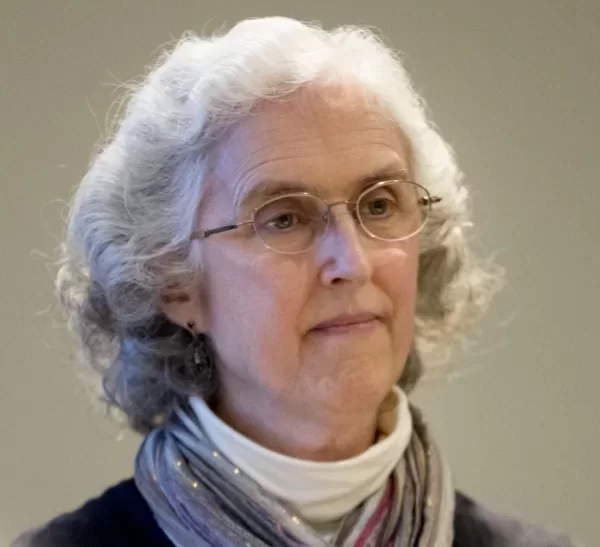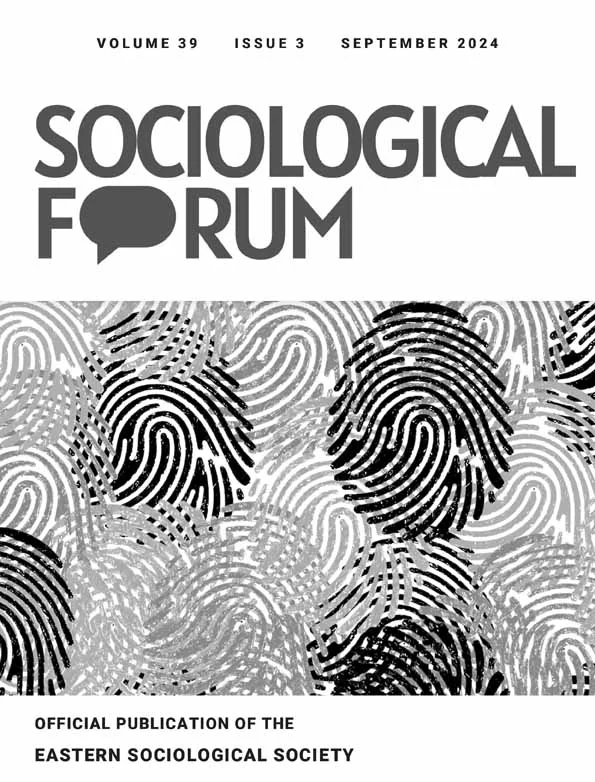Emily Kane takes a novel approach to examining race, politics, and poverty in a new paper in Sociological Forum
Professor of Sociology, Emily Kane, analyzed the mission statements of Community Action Agencies (CAAs), private non-profit or public local agencies initially created by the federal government in the mid-1960’s as part of The War on Poverty, in order to test the ways in which poverty is framed according to the racial and partisan context of each agency’s geographic location for her latest paper, “The reach of decentralized poverty governance: Race, politics, and framing poverty in community action agency mission statements.” She found that, “Individualist, passive framings are common, and significantly more so in geographic areas with more residents of color and greater support for Republican political candidates. But some of the inclusive and participatory aspirations of CAA structures remain evident too, with race and politics predicting these even more strongly.”
Professor Kane’s research and teaching interests encompass inequalities of race, class, gender and sexuality; poverty policy; gender and family; sociology of childhood; research methods; public opinion; social psychology; community-based research; and community-engaged learning. She first became involved with CAAs through community engagement work with Lewiston’s CAA, Community Concepts, which eventually prompted her interest in studying them at the national level.
Along with other articles in academic journals, she is the also the author of two books, one on how parents reproduce and resist gendered childhoods (The Gender Trap, published in 2012 by NYU Press) and the other a textbook on gender and sexuality in childhood (Rethinking Gender and Sexuality in Childhood, published in 2013 by Continuum Publishing).
Kane, Emily. W. 2024. “The Reach of Decentralized Poverty Governance: Race, Politics, and Framing Poverty in Community Action Agency Mission Statements.” Sociological Forum (published online May 2024; https://doi.org/10.1111/socf.13001)

